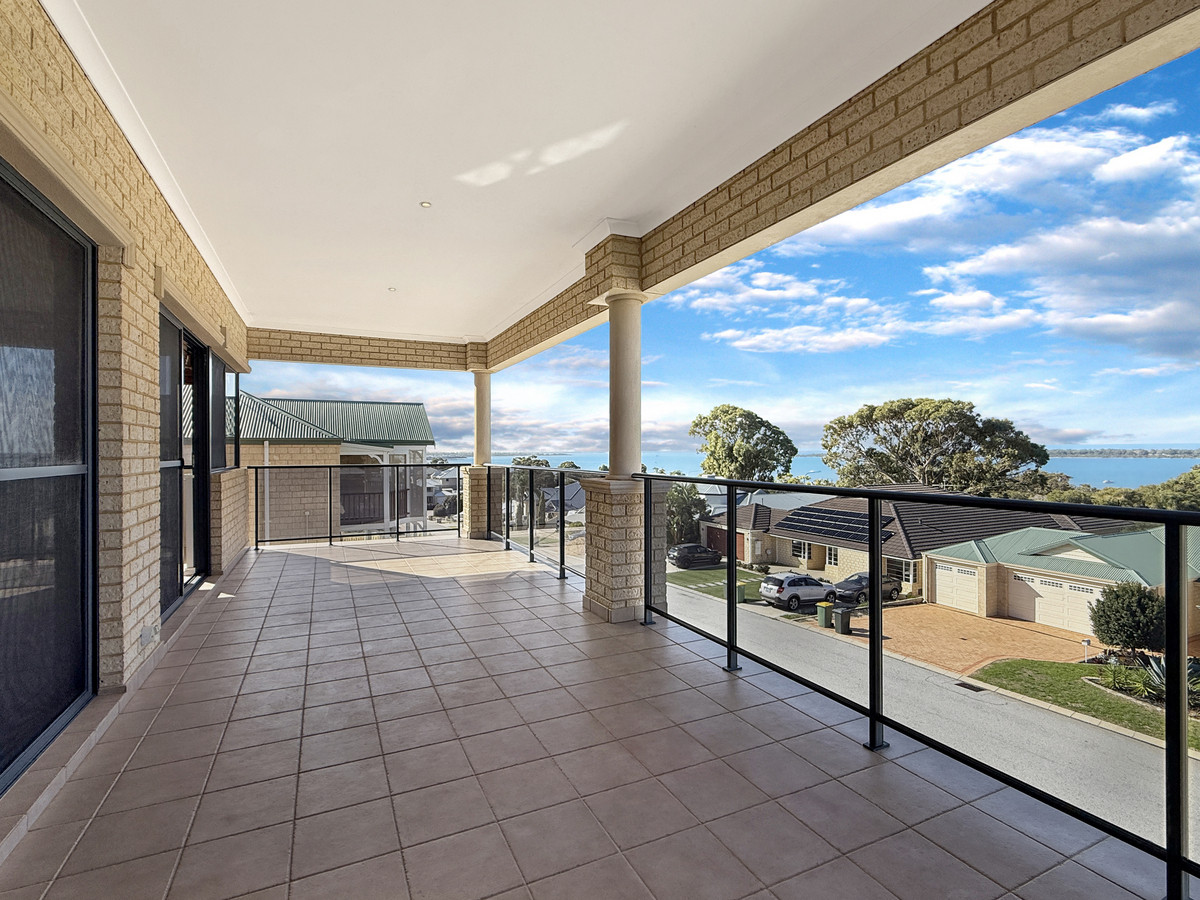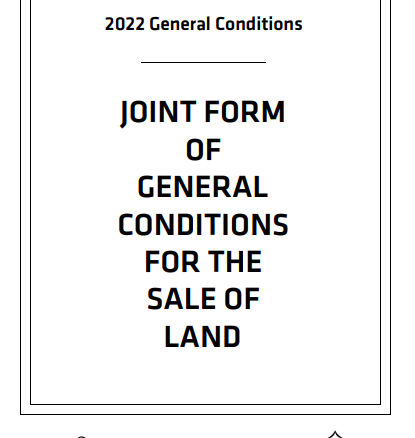Sellers: Should You Allow Early Possession in Mandurah or Perth? (Pros & Cons Explained)
Quick Navigation
- What is early possession?
- Why do buyers ask for early access?
- Pros for sellers
- Pros for buyers
- Cons for sellers
- Cons for buyers
- How to protect yourself
- Mandurah City Real Estate’s advice
When selling a property in Western Australia, one tricky situation that sometimes comes up is when the buyer asks to move in before settlement. This is called early possession (sometimes “prior possession” or “early access”).
It sounds simple: the buyer gets the keys before the banks and settlement paperwork are finalised. But in reality, it can be a legal grey area with serious risks for both sellers and buyers.
At Mandurah City Real Estate, we often get asked: “Should I let the buyer move in early?” Here’s what you need to know.
What is Early (Prior) Possession?
Early possession means the buyer moves into the property after the contract is signed but before settlement occurs.
Settlement in WA usually takes 30–90 days from signing the Offer & Acceptance (O&A). Early possession cuts this waiting period short by allowing the buyer to occupy the home beforehand.
Why Do Buyers Ask for Early Possession?
Common reasons we see around Mandurah and Perth include:
- Vacant property: The home is empty, and the seller isn’t using it.
- Convenience: The buyer wants more time to move in gradually or organise renovations before settlement.
- Urgency: The buyer’s lease has ended, or they’ve already sold their own home and need somewhere to live.
- Delays with banks: Sometimes, settlement is held up by finance paperwork, but the buyer is still keen to move in.
Advantages of Early Possession
👍 For Sellers
- Extra income: You can negotiate an “occupation fee” (like rent) payable from the day the buyer takes possession until settlement.
- Faster transition: If your property is vacant, it can speed up the process of handing it over.
👍 For Buyers
- Convenience: They can move in sooner and avoid paying double costs (rent + mortgage).
- Security: If they’re stuck without a home, early possession gives them peace of mind.
- Flexibility: Even if the banks delay settlement, they can still move in and start fresh.
Disadvantages of Early Possession
This is where things get risky.
⚠️ For Sellers
- You’re still the legal owner until settlement, so the buyer’s presence can complicate insurance.
- Insurance gap: Even if both you and the buyer hold building insurance, insurers can refuse claims during early possession because the legal ownership hasn’t transferred. This leaves both parties exposed if damage, fire, or injury occurs.
- Damage liability: Without a watertight license agreement, you could end up footing the bill if the property is damaged before settlement.
- Settlement risk: If the buyer fails to settle, removing them can be costly and may require legal action.
- Stress factor: If you’re still living in the home, juggling shared possession can be a nightmare.
⚠️ For Buyers
- Costs start early: They usually take on water, council, and strata rates from the day they move in.
- Insurance issues: Like sellers, buyers are exposed to the same grey area — insurers may decline claims unless specific agreements are in place.
- No excuses later: If damage occurs while they’re in the property, they can’t use it to delay or refuse settlement.
- Unconditional contracts: Sellers usually demand the contract be made unconditional before allowing early possession.
- Financial risk: If settlement falls through, buyers could lose money spent on renovations, landscaping, or moving costs.
👉 In plain English: early possession benefits the buyer more than the seller, but leaves both parties at risk of being uninsured if anything goes wrong.
How to Protect Yourself as a Seller
If you’re even considering early possession, don’t hand over the keys without these protections:
- Written agreement: Use a formal early possession license from REIWA or through your settlement agent.
- Occupation fee: Negotiate a fair “rent” from the date of access to settlement.
- Deposit secured: Ensure a substantial deposit is already paid and held in trust.
- Unconditional contract: Make sure finance and inspections are finalised before access is granted.
- Insurance proof: The buyer must provide evidence of cover acceptable to your insurer.
- Property condition record: Both parties should sign off on the state of the property before handover.
- Utilities: Shift bills like electricity and water into the buyer’s name.
Our Recommendation for Mandurah Sellers
At Mandurah City Real Estate, we don’t usually recommend early possession unless there’s no other option. The risks often outweigh the short-term convenience.
If you’re pressured to consider it:
- Speak to your settlement agent or conveyancer.
- Make sure everything is put into writing.
- Protect yourself with occupation fees, deposits, and insurance.
Final Word
Selling your home is already stressful enough without adding unnecessary risk. While early possession sounds attractive to buyers, for sellers in Mandurah and across Perth, it’s rarely worth the gamble.
If you’re unsure, talk to our experienced team at Mandurah City Real Estate. We’ll guide you through the safest way to handle requests for early possession — and help you protect your sale right through to settlement.
REIWA Settlement FAQ’s – https://reiwa.com.au/the-wa-market/resources/faqs/settlement/
Useful Articles – https://mandurahcityrealestate.com.au/mandurah-real-estate-articles/




Join The Discussion